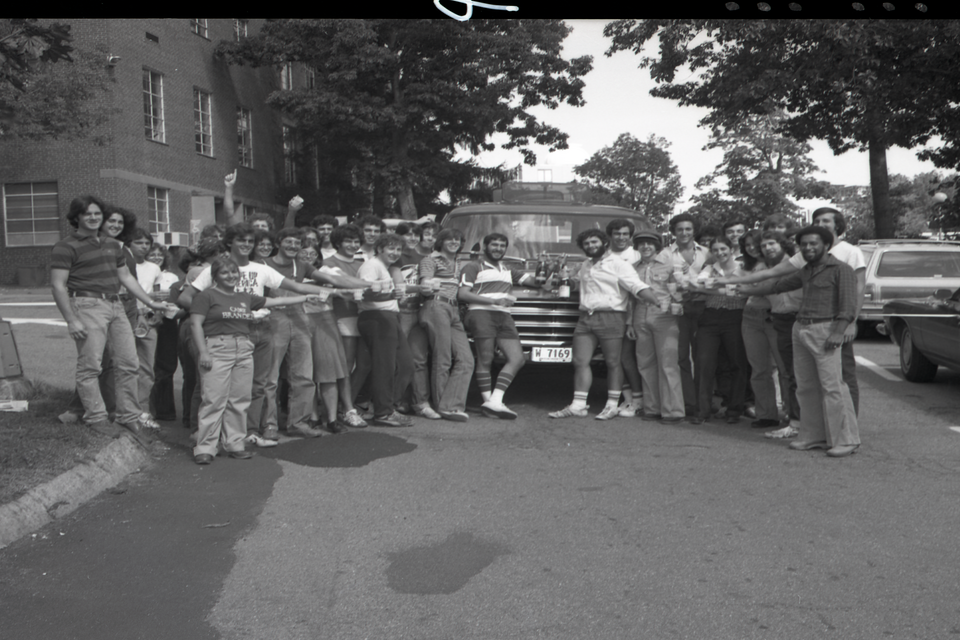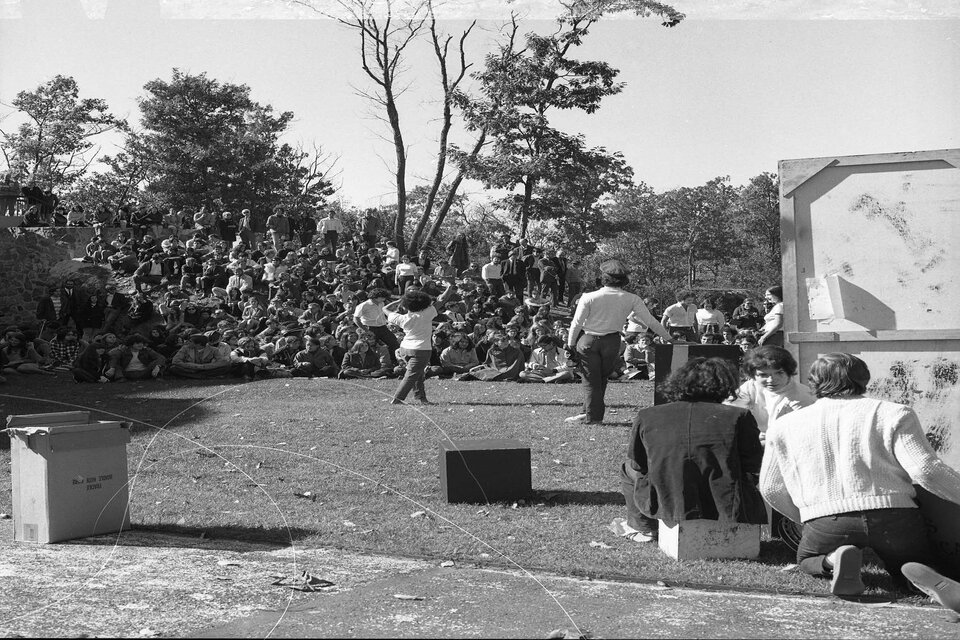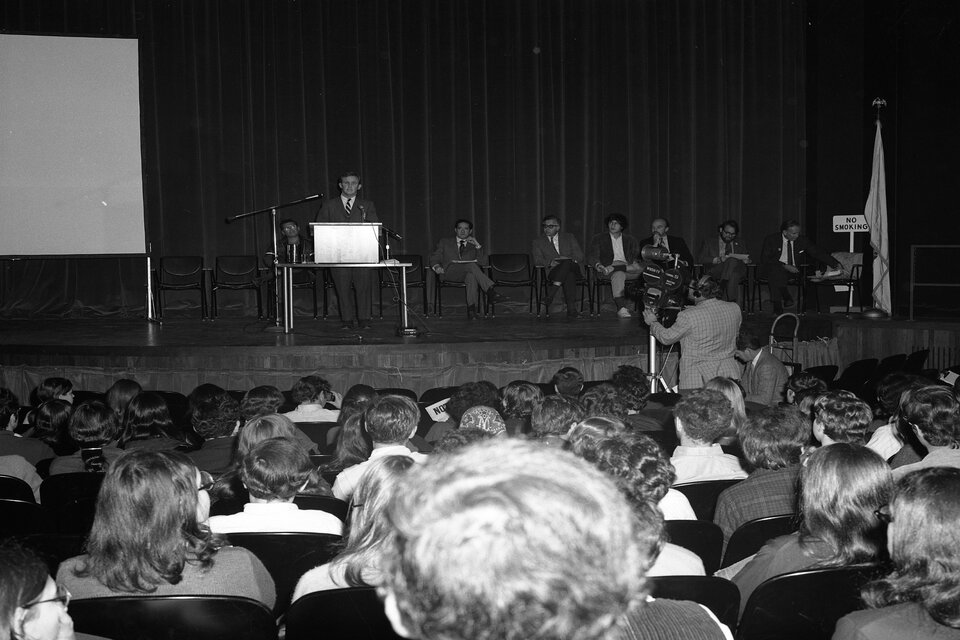GSAS Alums in Social Justice
April 17, 2023
Anik Chartrand | PhD Candidate in English
Brandeis University has a long history of social justice activism among GSAS students. From the early days of the university, graduate students have been at the forefront of social change on and off campus. One of the earliest examples was David Rhoads, Biochemistry MA ‘69 and PhD ‘70, who protested against US nuclear policy in 1961 by chaining a raft to a nuclear submarine. Another was Barry Andelman, a graduate student in NEJS, who created and maintained successful transportation services for students in 1965. Due to Andelman’s efforts, students had access to subsidized taxi services, special campus bus services, and reduced-rate train tickets. GSAS students also led a strike against atmospheric nuclear testing and organized committees and passed resolutions to protest the Vietnam draft in the mid-1960s. These actions launched Brandeis as a hub of anti-Vietnam protests for Boston-area universities.
Motivated by their successful anti-war protests, graduate students took action to elect graduate representatives to the Board of Trustees, petitioned the administration to hire a career counselor specifically for graduate students, and engineered the restoration of the doctoral hooding ritual during Commencement. In 1977, they formed the Graduate Student Alliance, leading to significant changes such as better stipends, benefits, on-campus spaces, and social activities that graduate students wanted to attend. The formation of the Committee to Lead and Organize Grad (CLOG) in the late 1990s led to the establishment of graduate student health insurance, which is still in effect today.
Graduate students at Brandeis also honored the Jewish teachings of inclusivity for people of all backgrounds and cultures. Gerry Showstack, MA ‘72 in Hornstein,‘80 in Sociology, and ‘81 in NEJS and PhD ‘81 in NEJS and Sociology, accompanied Rabbi Albert Axelrad on a trip to the Soviet Union to visit and bring gifts from Brandeis students and faculty to dissidents and prisoners of conscience. In 1987, Karen Ezra-Landy, Hornstein MJC ‘88, and her husband, Solomon Ezra, devoted their lives to rescuing more than 1,000 Jews in Ethiopia during a period of civil war and famine.
Current Brandeis GSAS students continue to dedicate their studies to the fight for justice and inclusion across campus. The Brandeis Educational Justice Initiative (BEJI) helps students and faculty get involved in expanding educational access to people within the criminal justice system; GSAS students do not simply participate in these programs but run them. Current English PhD students Jessi Brewer and Rachel Dale appeared in a recent Brandeis Magazine article about BEJI, which discussed their work helping recently released people with BEJI’s Partakers Empowerment Program.
In the sciences, the Brandeis Materials Research and Engineering Center (MRSEC) is committed to promoting diversity and inclusion in STEM fields by empowering graduate students to become leaders and mentors in their community. MRSEC graduate students can serve as Communication Fellows in the Science Communication Lab, providing support to the Brandeis scientific community in effective science communication for all audiences. Anahita Zare, the Director of Education, Outreach, and Diversity at MRSEC emphasizes that “equitable science communication amplifies the impact and collaboration of science.” Furthermore, graduate students can engage in a long standing partnership with Hampton University through the Partnership for Research in Education in Materials (PREM), fostering collaboration between research and education by creating a sense of belonging in the lab. Hampton students are able to participate in summer research at Brandeis, with MRSEC graduate students serving as mentors. MRSEC graduate students also extend their outreach beyond the Brandeis community by sharing their experiences, trajectories, and research to Waltham High School students who are underrepresented in the sciences to encourage belonging based on effort and engagement. Zare highlights that these opportunities not only encourage graduate students to be better mentors but also “contributes to the success of the next generation of scientists while being part of that next generation.”
Brandeis and social justice have always gone hand-in-hand. GSAS students at Brandeis impact their communities beyond their programs' research and teaching requirements and establish themselves as influential activists, both on and off campus. The university's rich history of graduate social justice activism has only furthered Brandeis’ reputation as a social justice-oriented institution.









